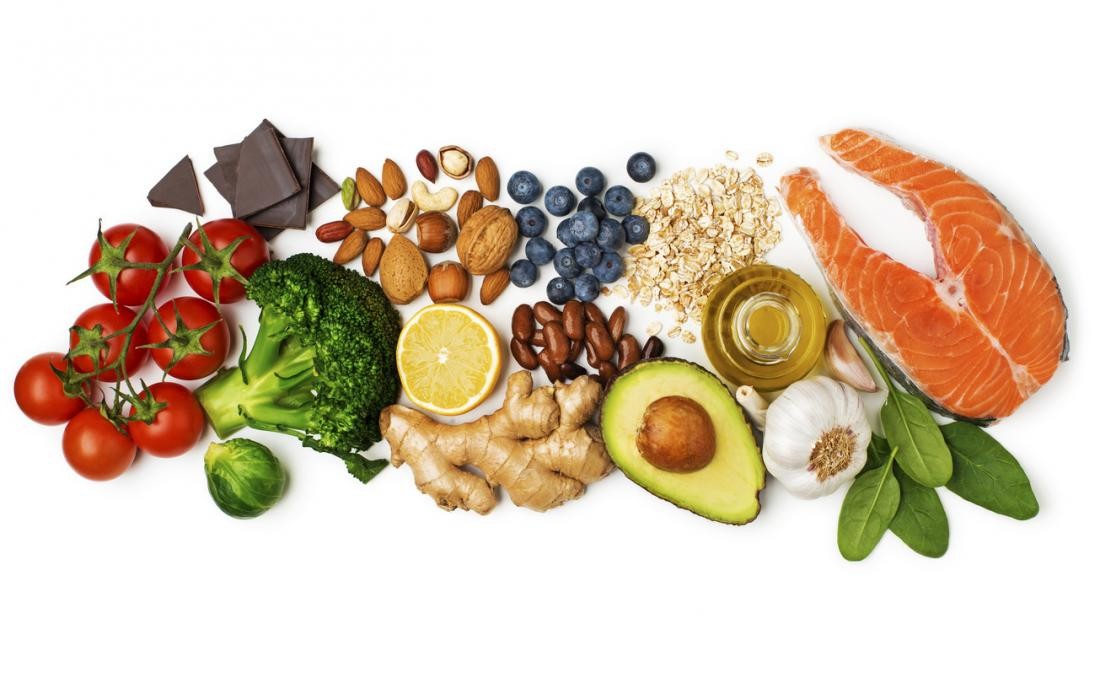
In the quest for weight loss, many people turn to supplements in hopes of shedding pounds quickly and effectively. With a plethora of options available, it’s crucial to understand which weight loss supplements are backed by science, their efficacy, and the potential risks or side effects associated with them. In this blog post, we will review some popular weight loss supplements and provide insights into their effectiveness.
1. Green Tea Extract
Efficacy
Green tea extract is rich in catechins and caffeine, which are believed to enhance fat burning and boost metabolism. Studies have shown that green tea extract can aid in weight loss, particularly when combined with exercise.
Risks and Side Effects
While generally considered safe, high doses of green tea extract can cause side effects such as stomach upset, liver problems, and insomnia. It’s essential to stick to recommended doses to minimize risks.
2. Garcinia Cambogia
Efficacy
Garcinia cambogia is a tropical fruit extract that is often marketed as a fat blocker. It contains hydroxycitric acid (HCA), which is thought to inhibit fat production and suppress appetite. Some studies suggest it may lead to modest weight loss, but results are mixed.
Risks and Side Effects
Potential side effects include digestive issues, headaches, and liver toxicity in rare cases. Always consult a healthcare provider before starting any new supplement.
3. CLA (Conjugated Linoleic Acid)
Efficacy
CLA is a fatty acid found in meat and dairy products. It is believed to help reduce body fat and increase lean muscle mass. Some research indicates that CLA may help with weight loss, but results can vary widely.
Risks and Side Effects
Common side effects include upset stomach, diarrhea, and nausea. Some studies also suggest that CLA may have adverse effects on insulin sensitivity.
4. Orlistat (Alli)
Efficacy
Orlistat is a prescription and over-the-counter medication that works by blocking the absorption of fats from the diet. It has been shown to produce weight loss when used in conjunction with a low-calorie diet.
Risks and Side Effects
Side effects can include gastrointestinal issues such as oily stools, gas, and frequent bowel movements. It’s crucial to follow a low-fat diet while taking orlistat to minimize these effects.
5. Fiber Supplements (e.g., Glucomannan)
Efficacy
Glucomannan is a natural fiber derived from the konjac root. It absorbs water and expands in the stomach, promoting a feeling of fullness. Studies have shown that glucomannan can aid in weight loss when used alongside a healthy diet.
Risks and Side Effects
Generally safe, glucomannan may cause mild gastrointestinal issues like bloating or gas. It’s important to take it with plenty of water to avoid choking hazards.
6. Caffeine
Efficacy
Caffeine is a common ingredient in many weight loss supplements due to its ability to boost metabolism and promote fat burning. Moderate caffeine consumption can aid in weight loss, especially when combined with exercise.
Risks and Side Effects
Excessive caffeine intake can lead to side effects such as insomnia, jitters, increased heart rate, and digestive issues. Individuals sensitive to caffeine should monitor their intake carefully.
7. Apple Cider Vinegar
Efficacy
Some studies suggest that apple cider vinegar may help with weight loss by promoting satiety and reducing appetite. It’s often touted as a natural fat burner, although evidence remains limited.
Risks and Side Effects
Potential side effects include digestive discomfort, throat irritation, and erosion of tooth enamel due to its acidity. It’s advisable to dilute it in water and consume it in moderation.
Conclusion
Weight loss supplements can offer benefits, but their efficacy varies from person to person. While some may experience modest results, others may not see significant changes. It’s essential to approach weight loss supplements with caution, considering potential risks and side effects.
Before starting any supplement regimen, consult a healthcare professional, especially if you have pre-existing conditions or are taking medications. Remember, the most effective way to lose weight and maintain a healthy lifestyle is through a balanced diet and regular exercise. Supplements may aid in the process, but they are not a substitute for sustainable lifestyle changes.
Call to Action
If you’re considering weight loss supplements, do your research and consult with a healthcare provider. Focus on creating a well-rounded approach to weight loss that includes healthy eating and physical activity for the best results.

